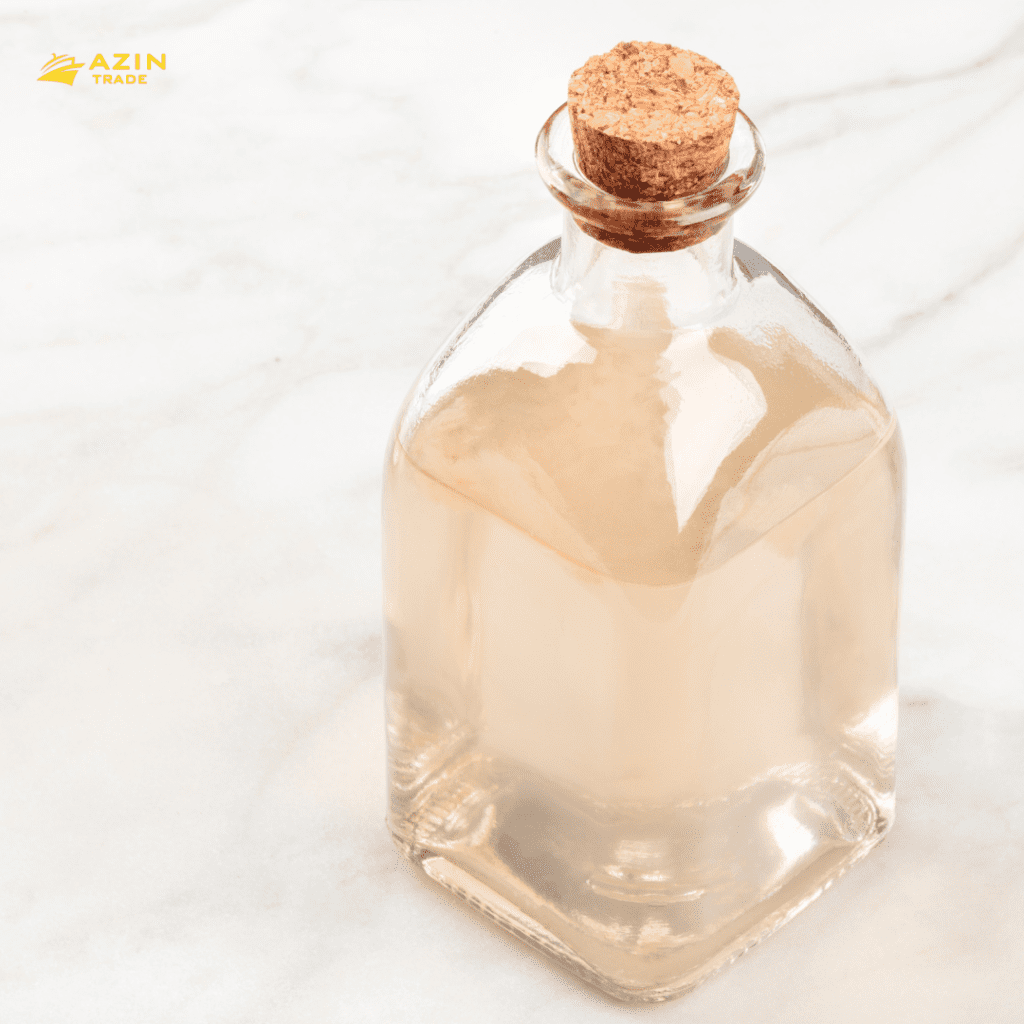
Rose Water: A Fragrant Elixir with Multifaceted Benefits
Introduction:
Welcome to our website, where we celebrate the enchanting qualities and versatile benefits of rose water. In this article, we explore the history, production, and myriad uses of this fragrant elixir derived from roses. From skincare to culinary delights, rose water has captivated cultures across the globe for centuries. Let’s delve into the world of rose water and discover its many remarkable qualities.
Ancient Origins and Cultural Significance:
Rose water has a rich history dating back to ancient times. It is believed to have originated in Persia (modern-day Iran) and Egypt, where roses were cultivated for their exquisite fragrance and therapeutic properties. Across various cultures, rose water holds symbolic and cultural significance, often associated with beauty, love, and spirituality.
Production and Extraction:
Rose water is produced through a distillation process that involves steam or water passing through rose petals. The resulting steam captures the volatile compounds of the roses, which are then condensed into a liquid form, known as rose water. The quality and aroma of rose water depend on the variety of roses used, the distillation method, and the expertise of the producers.
Aromatherapy and Relaxation:
The delicate and captivating scent of rose water has long been cherished for its calming and uplifting qualities. In aromatherapy, rose water is used to promote relaxation, reduce stress, and enhance overall well-being. It is often incorporated into massage oils, bath products, and room sprays to create a soothing and rejuvenating ambiance.
Skincare and Beauty:
Rose water is a cherished ingredient in skincare due to its gentle and nourishing properties. It is known for its ability to hydrate, soothe, and balance the skin’s pH level. Rose water can be used as a toner to tighten pores, as a facial mist to refresh the skin, or as an ingredient in DIY face masks and skincare formulations. It is particularly beneficial for sensitive, dry, or mature skin types.
Culinary Delights:
Rose water adds a delightful floral note and essence to culinary creations. It is a popular ingredient in Middle Eastern, Indian, and Mediterranean cuisines, where it is used to flavor desserts, beverages, and confections. From delicate rose-flavored pastries to refreshing rose-infused beverages, the culinary applications of rose water are diverse and delectable.



